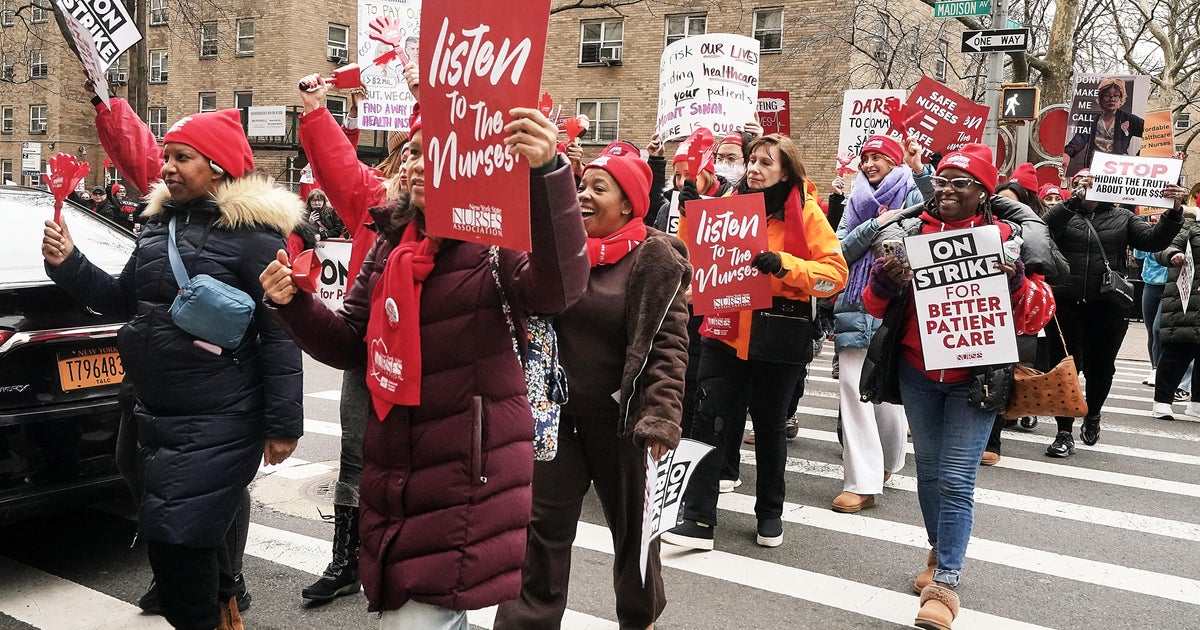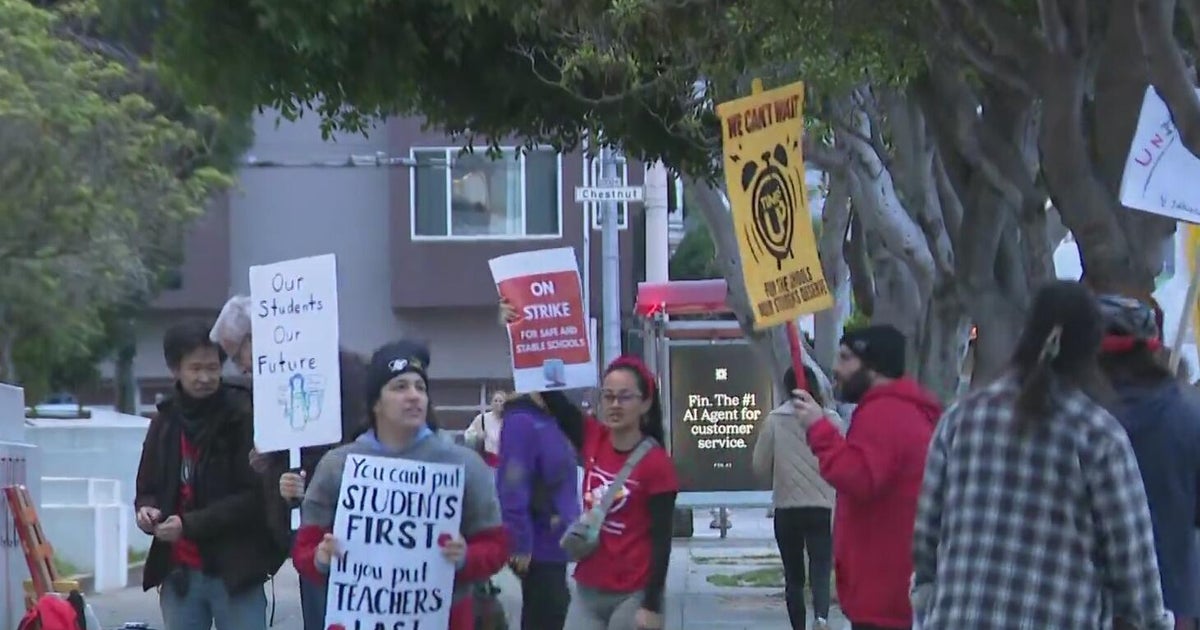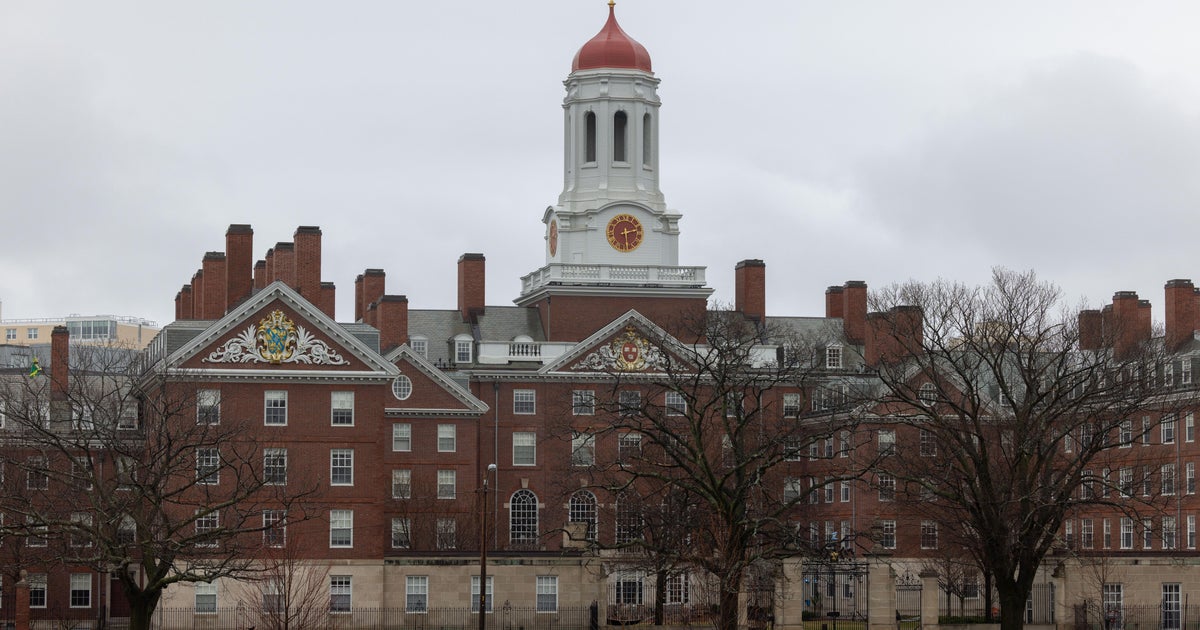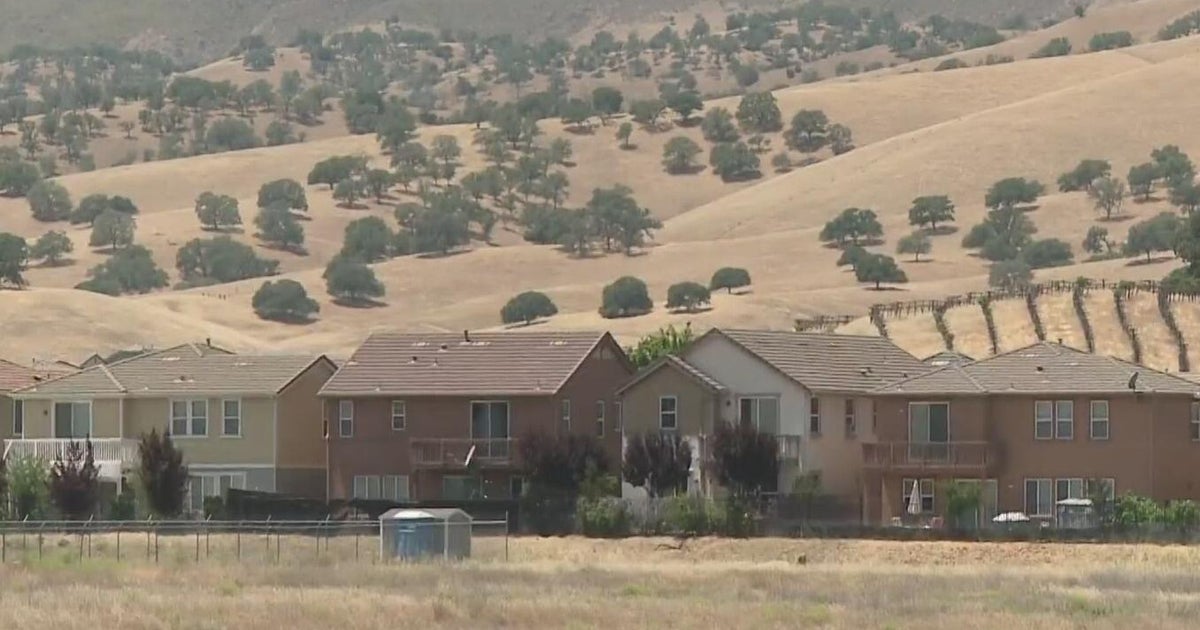DSO Rejects New Proposal To End Strike
Detroit Symphony Orchestra management has rejected a proposal from Governor Jennifer Granholm and U.S. Senator Carl Levin that would end a two-and-a-half month strike with a three year contract with total compensation of $36 million.
Granholm and Levin said in a letter that the symphony and its musicians are "within striking distance of an agreement" to end the walkout that began Oct. 4. The $36 million is down from the previous contract's $48 million but more than the $33 million to $34 million that management has proposed.
"We realize that a $36M (million) contract will be a bitter pill for the musicians to swallow and a difficult target in terms of fundraising and sales requiring a strong and cooperative effort by all parties," the two Democrats wrote. "But this is our best judgment on what is a fair and workable compromise."
On Thursday evening, Board Chairman Stanley Frankel said in a statement that the symphony takes the recommendations "very seriously." But he said the $36 million in compensation is "beyond what every consultant and our board have said is feasible."
"We all want and need this strike to end with a mutually acceptable package and we stand ready to return to the bargaining table to pursue an agreement," he said. "We appreciate the constructive offer of a framework within which this agreement might be reached and look forward to the continued engagement and support of community leadership as we pursue our goals."
"It's been hard on everybody," said Anne Parsons, president and CEO of the Detroit Symphony Orchestra, in an interview with WWJ's Roberta Jasina. "It's disappointing and not to have the music that we have all spent our entire careers working for, it's a work of love and passion.
Parsons said the DSO is optimistic about the future. "We are committed to a bright future and that's why we stay with it."
Earlier this month, management said the symphony finished the 2010 fiscal year with an $8.8 million deficit. It said the deficit for the fiscal year that ended in August included a $6.7 million operating shortfall. The strike has forced the nationally recognized symphony to cancel its performances for the rest of the year. If a deal is reached, performances could resume in January.
Shortly after the letter was released, the musicians issued a statement saying the 25 percent cut in compensation would require them to make more difficult sacrifices, and they were willing to embrace the proposal. Management implemented a 33 percent base pay cut in the first year of the new contract. Musicians had offered a 22 percent reduction.
The musicians noted some "contentious issues" would remain to be worked out but said the proposal is a good framework for reaching a contract.
"The musicians feel that the proposal provides a path to a fair resolution," they said. "We accept the proposal, and are prepared to return to the bargaining table immediately to seek a settlement under the framework it outlines."
Musicians' spokesman Haden McKay said Thursday night he was "very disappointed" to learn of the symphony's response to the proposal. He said the ideas put forward by Levin and Granholm were "very objective and fair recommendations" aimed at resolving the strike.
Levin and Granholm also recommend lower initial compensation for new musicians without using an ongoing two-tier pay arrangement. The letter said that Levin and a Granholm representative have met with those involved in the dispute since September, and after meeting in early November indicated they would eventually make their recommendations public if no agreement was reached.
Granholm has been represented in talks about the strike by Andy Levin, the head of the Michigan Department of Energy, Labor and Economic Growth and son of Carl Levin's brother U.S. Rep. Sander Levin. They have met with people including symphony board members and management staff, the musicians and their union leaders, and state and federal mediators, the letter said.
"For the sake of Detroit and Michigan we must preserve this musical gem," Levin and Granholm wrote.
The letter comes a day after symphony music director Leonard Slatkin met with musicians to discuss the strike.







